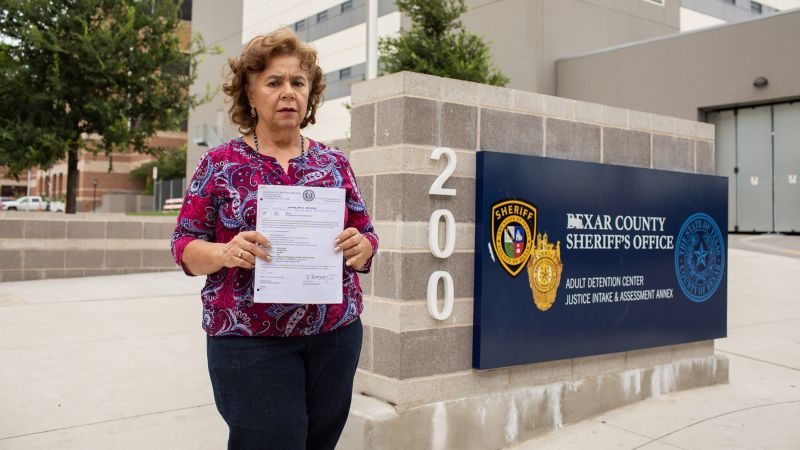Sylvia Gonzalez only made it as far as her second meeting as a new member of the city council in her small Texas community when a police officer tapped her on the shoulder in what she viewed as “a negative way.”
Gonzalez, then 72, would eventually be arrested for stealing a government document at the meeting – a charge that stemmed from what she said was an inadvertent shuffling of papers and what city officials said may have been motivated by a cover-up.
From this small-city politics dispute, an important First Amendment question has been queued up for the Supreme Court on Wednesday: When may people sue government officials for First Amendment retaliation claims – and when are those suits barred by a legal doctrine known as qualified immunity that shields those officials from certain suits?
The court’s decision, according to Gonzalez’s attorney, could have startling consequences if it gives city officials more latitude to arrest critics.
The attorney representing JR Trevino, the mayor of Castle Hills, Texas, calls those concerns overblown and noted that police obtained an arrest warrant from a judge.
“I had a clean record. I didn’t even have a parking ticket,” Gonzalez said as she recalled being handcuffed. “I was shocked there was a warrant for my arrest.”
Gonzalez, who wound up spending a day in jail, ran for the council in part on a promise to organize a campaign against the incumbent city manager, her lawyers say. Soon after being sworn in, she organized a citizens’ petition urging the official’s removal. It was that petition Gonzalez says she mistakenly put in her binder during the meeting.
But attorneys for Trevino said Gonzalez did so after residents at the meeting accused her of misleading them about the nature of the petition. One resident accused…
Read the full article here

Leave a Reply